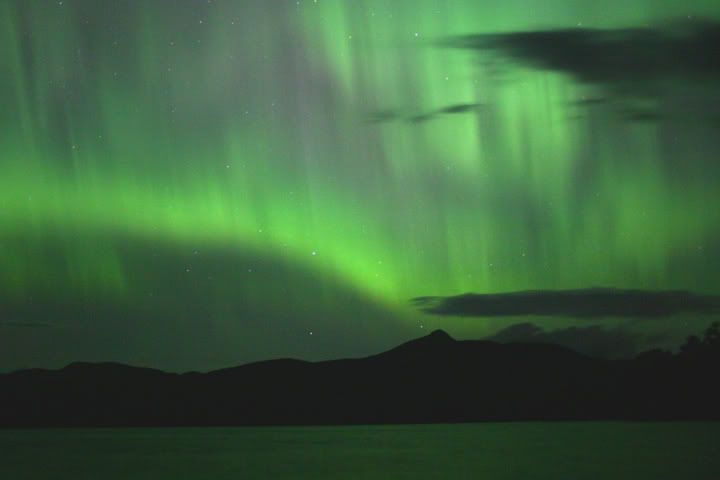NewHampshire
New member
- Joined
- Apr 14, 2005
- Messages
- 1,554
- Reaction score
- 311
With the lunar eclipse behind us I got to thinking about celestial photography. I was wondering if anyone has ever tried it.....and I am talking about outside of a long zoom and the moon, I am talking about small telescope with digital camera adapter and planest, stars and beyond. Heck, I don't even know if they MAKE adapters to fit camera to telescope (though I assume so.) I don't expect Hubble type pictures, but I am curious about what kind of results one could get from a set-up like described above. And what would a set-up like that (sans camera of course) cost?
Brian
Brian

